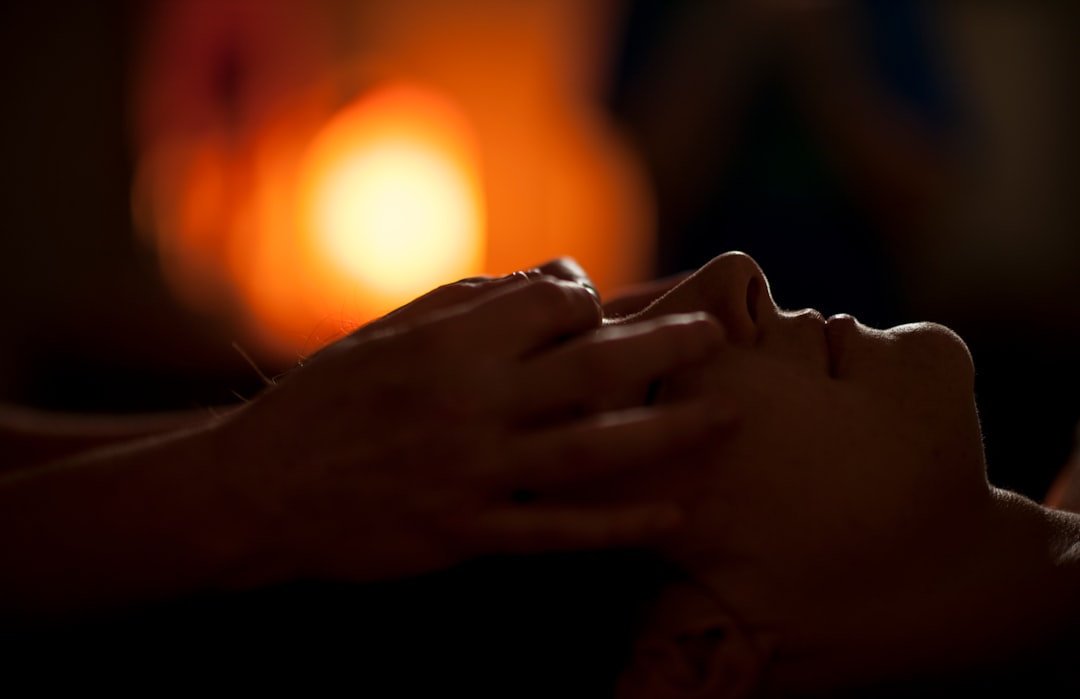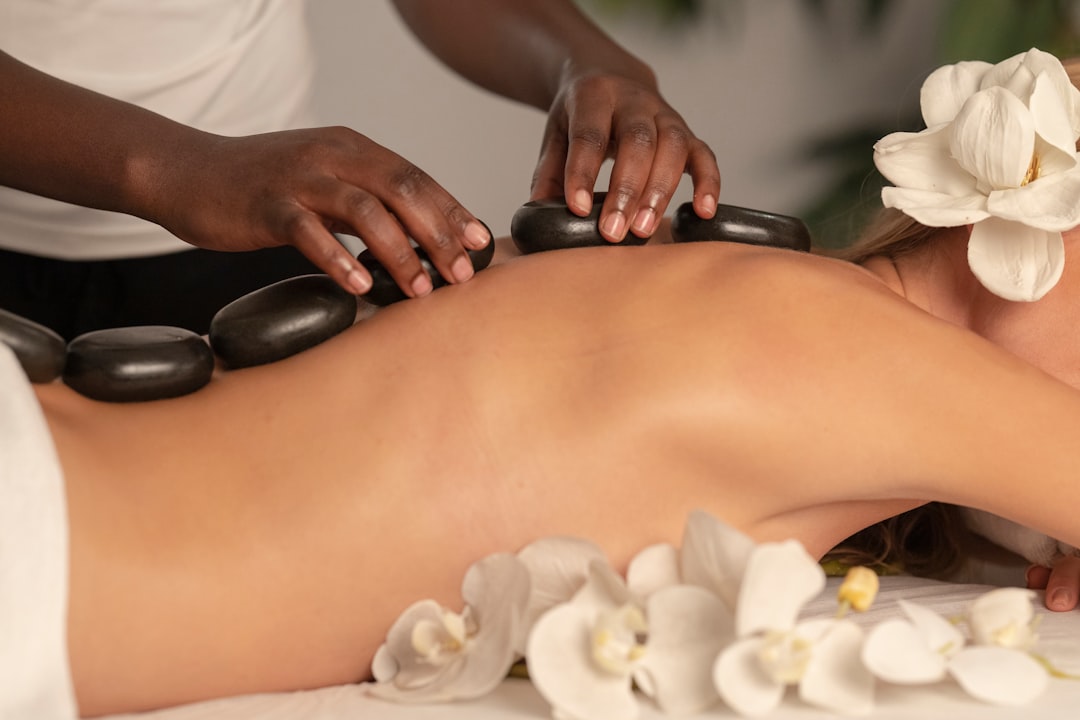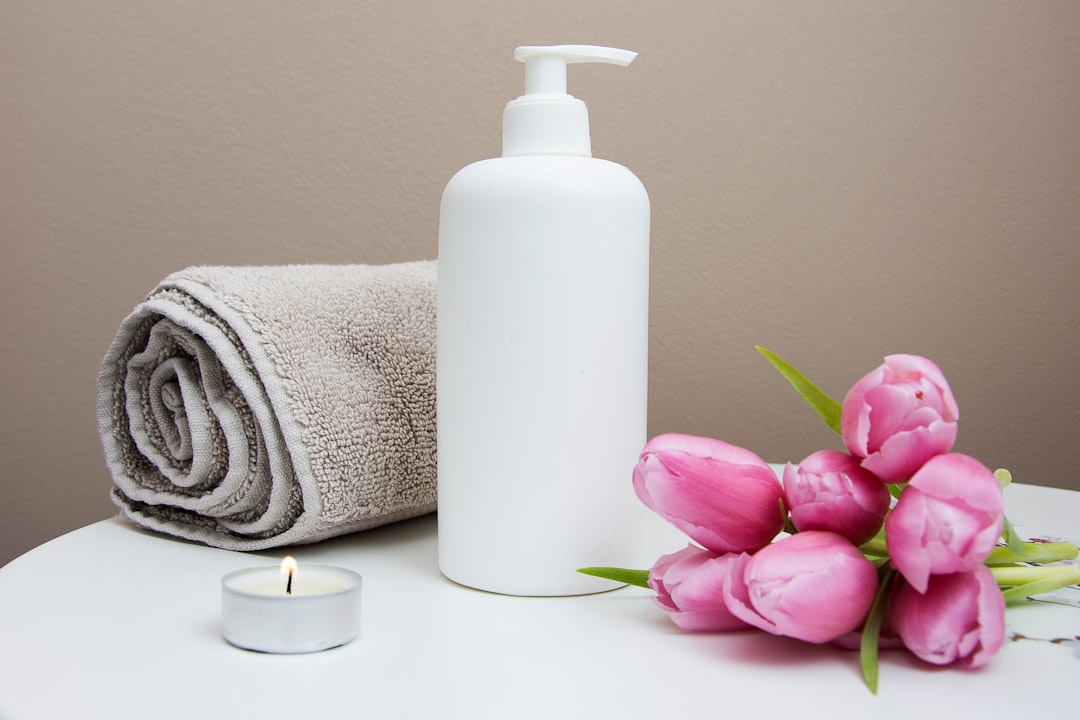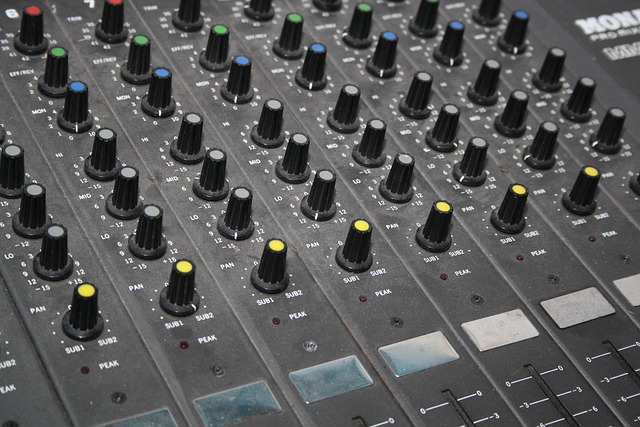Building an effective support network for massage abuse survivors in Philadelphia requires a multifaceted approach. Survivors often turn to massage abuse lawyers Philadelphia PA for legal assistance. Tailored support is crucial for marginalized communities facing additional barriers. Collaboration among legal aid organizations, community centers, mental health professionals, and advocacy groups provides holistic care. Free or low-cost services include counseling, legal advice, and representation to guide victims through the justice system, empowering them towards healing and recovery.
In Philadelphia, supporting survivors of abuse is a multifaceted endeavor. This city, like many others, harbors complex needs among its abused citizens. This article guides you through building a robust support network for these individuals, focusing on three key areas: understanding their unique requirements, leveraging legal resources, and establishing safe community spaces. Additionally, we highlight the crucial role of massage abuse lawyers in Pennsylvania to ensure survivors receive just compensation.
Understanding the Needs of Abuse Survivors in Philadelphia

In Philadelphia, understanding the needs of abuse survivors is paramount to building an effective support network. Many survivors require legal assistance, often seeking a massage abuse lawyer in PA to navigate complex legal processes and ensure justice. The city’s diverse population necessitates tailored support, especially for marginalized communities that may face additional barriers to accessing resources.
Survivors need safe spaces where they can share their experiences without judgment, receive counseling, and connect with peers facing similar challenges. Philadelphia’s support network should also address practical needs like housing, employment, and healthcare. Collaboration between legal aid organizations, community centers, mental health professionals, and advocacy groups is crucial to provide holistic care tailored to the unique circumstances of each survivor.
Legal Support and Resources for Survivors in PA

In Pennsylvania, survivors of massage abuse have access to a range of legal support and resources. It is crucial for survivors in Philadelphia to be aware of their rights and available options. Many non-profit organizations and legal aid clinics offer free or low-cost services specifically tailored for victims of sexual assault, including massage abuse. These organizations provide counseling, legal advice, and representation to help survivors navigate the justice system.
One significant step is to connect with a qualified massage abuse lawyer in Philadelphia, PA. Legal professionals specializing in this area can guide survivors through the complexities of filing a lawsuit against perpetrators or related entities. They ensure that victims’ rights are protected, help them understand the legal process, and advocate for their compensation and justice. With proper legal support, survivors can take empowering steps towards healing and recovery.
Creating Safe Spaces: Community Initiatives & Partnerships

Creating safe spaces is a pivotal step in supporting survivors of abuse, and community initiatives play a crucial role in this process. Organizations in Philadelphia can collaborate to establish sanctuaries where survivors feel secure, understood, and empowered. This might involve setting up counseling centers, support groups, or recovery programs specifically tailored for those who have experienced massage abuse. Such spaces should prioritize confidentiality and cultural sensitivity, ensuring every individual feels welcomed and accepted.
Partnerships between community leaders, local businesses, and legal aid organizations can greatly enhance these safe havens. For instance, a massage abuse lawyer in Philadelphia, PA, can collaborate with community centers to offer free legal consultations for survivors, providing them with knowledge of their rights and options for justice. These partnerships create a network of support that addresses both the immediate needs of survivors and their long-term recovery goals.





